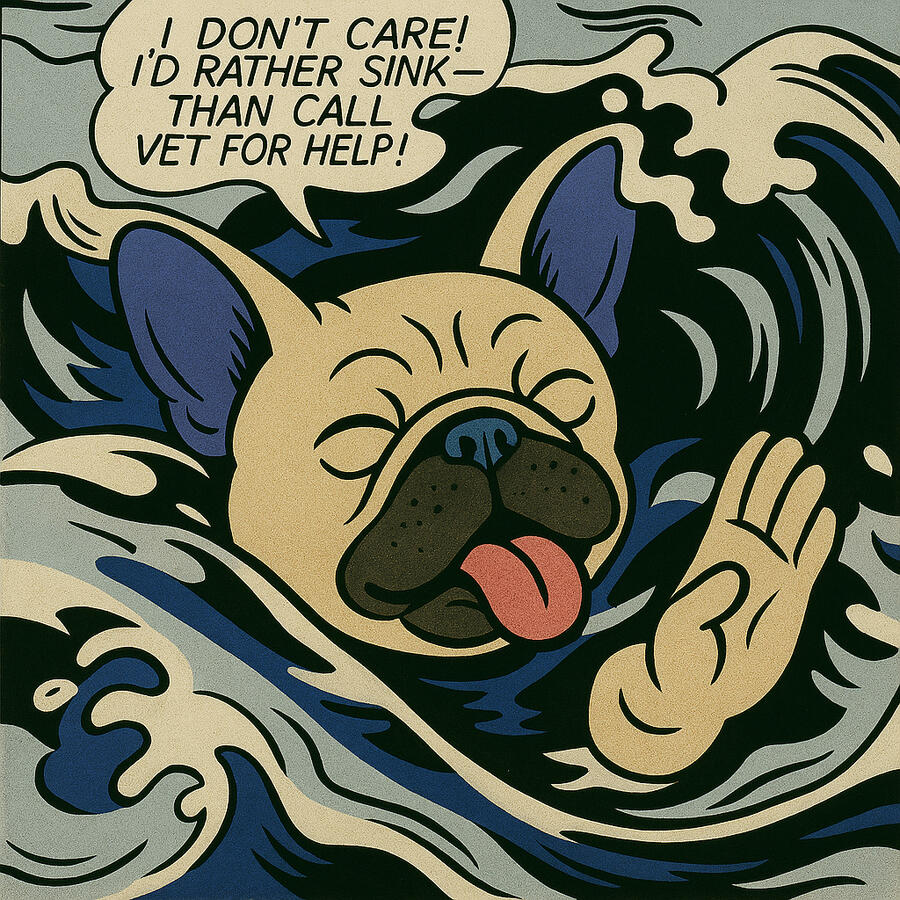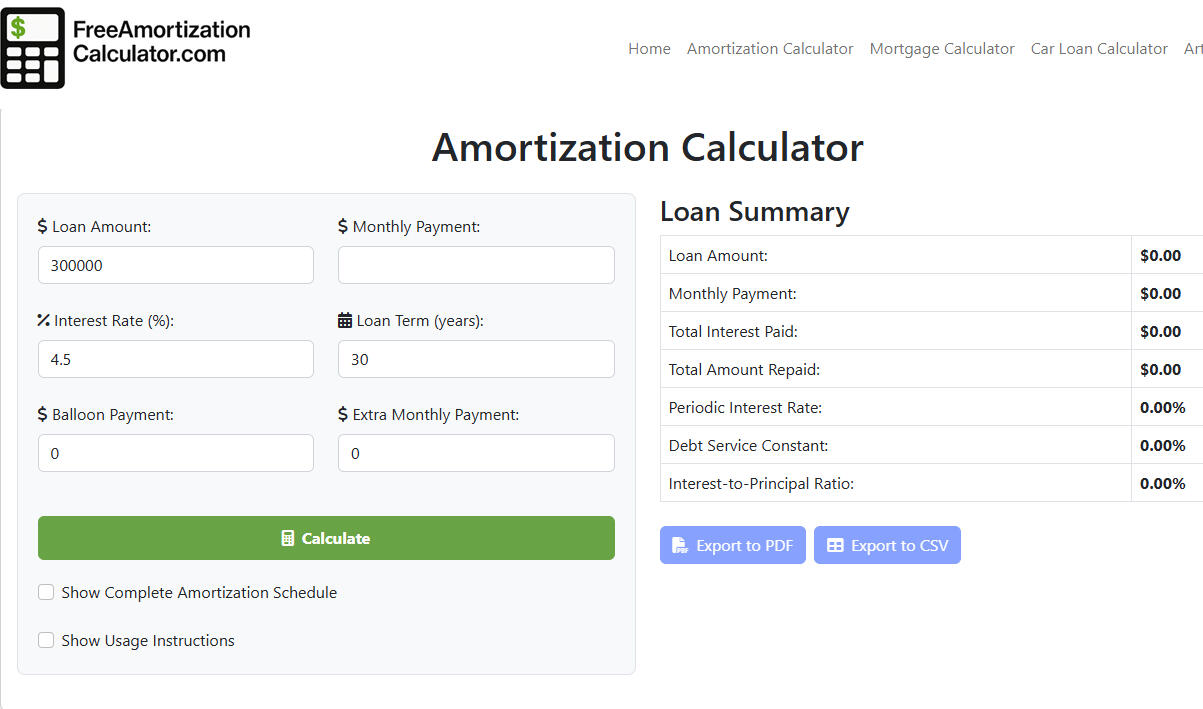Common Backlinking Mistakes That Can Damage Your SEO (And How to Avoid Them)
Introduction
Backlinks are essential to SEO success — but bad backlinks or poor link-building practices can do more harm than good. Whether you're working with an agency or doing it yourself, it's important to know what not to do.
⚠️ 1. Buying Links from Shady Sources
Why it’s a mistake:
Google explicitly forbids buying or selling links that pass PageRank. Low-quality paid links are often easy for algorithms to detect and can result in penalties.
What to do instead:
- Invest in creating content that attracts natural backlinks.
- Pursue legitimate guest posting.
⚠️ 2. Getting Links from Irrelevant Sites
Why it’s a mistake:
Backlinks from unrelated industries (e.g., a car parts blog linking to a fashion site) can confuse search engines and reduce trust.
What to do instead:
- Build links from niche-relevant sources where your content adds value to the audience.
⚠️ 3. Ignoring Anchor Text Diversity
Why it’s a mistake:
Using the same exact-match anchor text repeatedly (e.g., “best SEO tools”) looks unnatural and may trigger spam filters.
What to do instead:
- Use a mix of branded, generic, partial-match, and natural anchor text variations.
⚠️ 4. Too Many Links from Low-Authority Sites
Why it’s a mistake:
Hundreds of backlinks from new, spammy, or low-authority websites send poor signals to Google.
What to do instead:
- Focus on earning fewer but higher-quality links from trusted domains.
⚠️ 5. Linking Only to Your Homepage
Why it’s a mistake:
If all links point to your homepage, it limits the ranking potential of deeper, more specific content pages.
What to do instead:
- Encourage backlinks to blog posts, product pages, or resources that offer real value.
⚠️ 6. Using Link Exchanges or Link Farms
Why it’s a mistake:
Excessive reciprocal linking or joining link networks can lead to severe penalties or deindexing.
What to do instead:
- Prioritize editorial links — placed because your content is genuinely helpful or interesting.
⚠️ 7. Not Monitoring Your Backlink Profile
Why it’s a mistake:
Toxic links can accumulate over time, especially if you're using outreach services or automations.
What to do instead:
- Use tools like Google Search Console, Ahrefs, or SEMrush to audit your backlinks.
- Disavow bad ones when necessary.
Bonus Tip: Always Think Long-Term
SEO is a marathon. Shortcuts that seem to work today could hurt you tomorrow. Google's algorithms are constantly improving — play the long game with ethical, quality-focused link-building.








